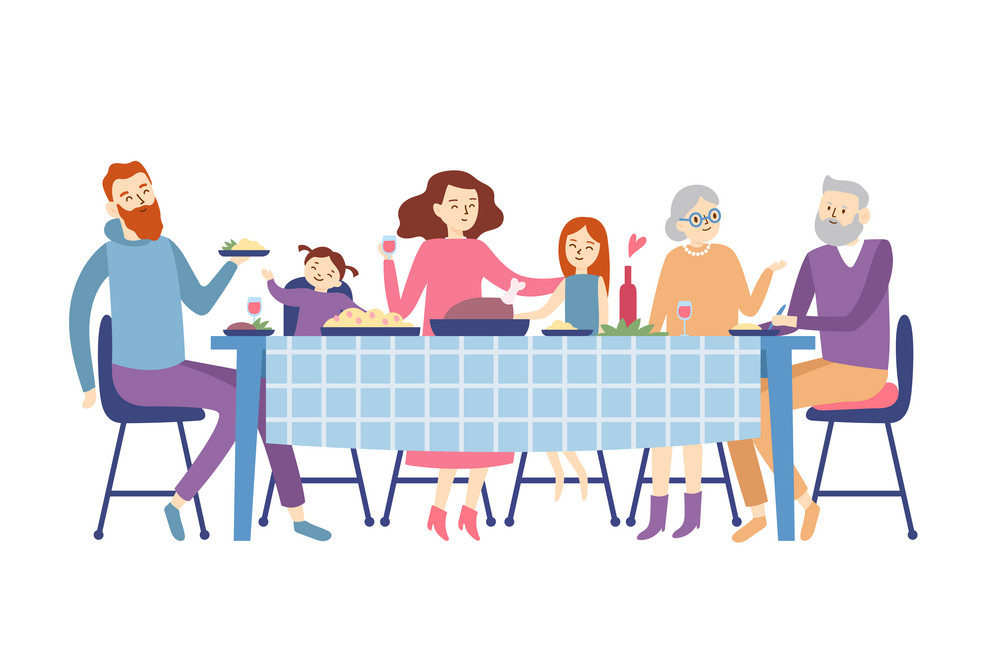In the midst of one of my semesters, silence was the very thing that hurt me. No, it wasn’t a physical attack or something that was deeply scarring, but it hurt nonetheless. I’d taken nearly three years to find a home hundreds of miles away from my very own, and I took that comfort for granted when I was confronted with discrimination. I could remember the flush in my cheeks, and how tense my body was. Did I want to run off? Should I risk the possibility of being labeled as “an angry black woman”?
Over time, that wound healed and I made my best efforts to form myself into being the best ally that I could for my community should a group need it. I could remember that deafening silence and promised myself that if I or anyone who stood alone would need my voice, I would speak up. In my eyes, there was no such thing as sitting there and taking anything from anyone. In a way, I refused to let that be my Millsaps experience or anyone else’s. I was Millsaps, and anyone that stepped onto that campus and placed their heart into their studies or work there was Millsaps too.
A conversation needs to be had, despite how uncomfortable that it may be. Everyone deserves to have their voices heard and the support of their community when they find themselves facing against a monster like discrimination based off of race, sexuality, and gender. I challenge our campus community to speak up against this and be able to see the signs of discrimination and how to challenge it safely weather it be in the confines of a classroom, workspace, or wherever we call home.
I was able to speak with Dr. Stephanie Rolph, Director of Experiential Learning and Strategic Initiatives, about her views of this matter and how to identify discrimination. “I think this depends on who you are. If you are part of a historically marginalized group (African American, woman, gay, trans, etc.) discriminatory behavior is something that you can experience in both subtle and direct ways.”
Our conversation further led us into ways to rally against discrimination, where Dr. Rolph expressed the importance of confronting the behavior in order for it to be diminished. “However, it is not solely the responsibility of victims of discrimination to articulate over and over again the violations that are negatively impacting them.”
She further emphasized, “It is incumbent for people who have historically held power and authority to learn more, be more responsive to intended or unintended acts of discrimination, and—most importantly—work diligently to create environments where everyone can thrive.”
My journey took me from Dr. Rolph and to my peers, and I found myself speaking with Derrick Dupuy, Senior, about the matter. He opened up to me in his experience of being a victim of silence.
“The invite for us to speak on our problems just isn’t enough” He voiced in our interview, “The only way to address and stop discrimination or violence of any kind from occuring on our campus is through knowing that these situations exist.”
He further expressed that our communities efforts need to convince our student body and administration alike would need to re-socialize incoming students to the standards of our campus is crucial by bringing back Title IX discussions, and also extending means of support and aid to them in their times of need should they possibly face discrimination by reaching out to Care or rather, someone on campus that a student is comfortable with to aid them in their dilemna.
Silence is equal to violence. Each student, faculty member, and cherished member of our community deserves to know that we as a Millsaps family have one another’s back, regardless of how silent or loud our voices are.



